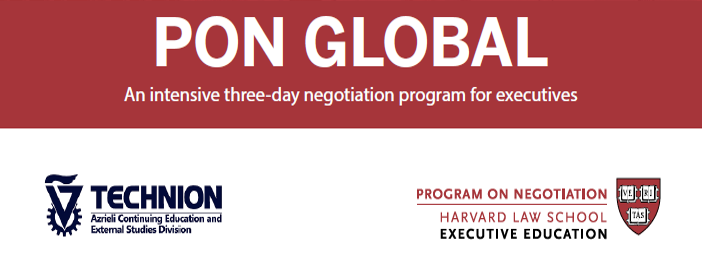The Hardest Question in Negotiation
06/10/2019
Are you ready for the “hardest question”?
To be truly prepared to negotiate, anticipate questions you don’t want to answer. Imagine being blindsided in the midst of a critical negotiation with a question like one of these:
■ A prospective funder and co-developer of your new invention asks: “What are your other offers? Let’s discuss them, and I’ll see if I can help you make the right decision.” In fact, you have no other offers, and you suspect the other side knows it.
■ You are soon moving to a new city where you’ve made an offer on a house, and you are desperate to sell your current home. The only serious potential buyer you’ve been able to attract asks you: “Given that we both know how weak the market is, what’s the absolute minimum you’d take for your house?” You don’t want to lie, but if you answer truthfully, you could lose a lot of money.
As an experienced negotiator, you know you should prepare for talks by assessing each side’s interests and no-deal options, imagining possible agreements, factoring in personality and culture, thinking through moves and possible countermoves, and so forth. Yet standard preparation often neglects what I’ve dubbed the “hardest question”. This refers to a question the other side might ask that, to you, feels especially difficult to answer.
When confronted with such a question, like one of those posed above, how should you respond in a way that is both effective and ethical? Faced with a seemingly straightforward question, you can feel flustered or trapped into giving an answer that puts you at a disadvantage. Yet such questions are often manipulative tactics masquerading as innocent queries. You should feel no obligation to reply to an exploitive question as if it were asked in good faith.

Here’s some advice to help you avoid the hardest-question trap:
1. Identify your hardest question(s).
As part of your negotiation preparation, take time to identify the question or questions the other side might pose that would be most difficult for you to answer—whether for tactical, emotional, or ethical reasons. By anticipating such questions before you’re confronted with one, you can avoid a costly stumble.
This process can be highly personal, as what’s challenging for one person to answer may be easy for another. To avoid being blindsided, you might ask your coworkers or others to imagine tough queries that might not even occur to you.
Beyond those listed above, here are some common “hardest questions”:
■ “This is my final offer. Take it or leave it. I need your answer right now. What’ll it be?” If it really came down to it, you would reluctantly accept the offer rather than walk away. But you don’t like either choice, and you need a way out.
■ “Why do you really want to sell this business [or car, house, etc.]? Are you aware of anything that could reduce its value in the near future?”
You fear the prospects of the business may well be declining, but you are reluctant to say so— and in any case, you honestly aren’t sure.
■ “What are your minimum compensation requirements?” The job is so desirable that, if pressed, you’d take a much lower salary than you suspect the employer is aware you’d accept.
■ “Aren’t you too inexperienced for us to risk giving you this contract?” In fact, lack of experience is your hot-button issue, and it has cost you contracts in the past.
2. Brainstorm responses and choose the best one.
When confronted with your hardest question, you may feel that your only options are full disclosure, stonewalling, or lying. But you can usually generate better choices by brainstorming, often with others whom you trust. Find a general approach and specific words with which you’re comfortable. Here are some strategies you might try;
Acknowledge and reframe. After acknowledging the question, reframe it in reciprocal terms, and shift to a more positive focus. To the prospective funder and invention co-developer who asks about other offers, you might say: “Of course I’m pursuing other possibilities, as I’m sure you are. The question is, how well do your interests fit with my capabilities? I see genuine potential. Let’s explore it further.”
Turn the tables. The seller of a real estate parcel once asked the potential buyer, “Tell me the absolute maximum you’d be willing to pay, and I’ll see if I can shave off a bit.” My colleague Howard Raiffa reports that the buyer responded to this gambit with a chuckle and said: “Well, why don’t you tell me the absolute minimum you’d be willing to accept, and I’ll see if I can throw in a little something.” The buyer’s calm response signaled sophistication, even wit, and the negotiation proceeded professionally.
Seek “objective standards.” When asked to disclose your bottom line, you can shift the focus from what you will or won’t accept to “objective standards” beyond your control. Here, thorough research is key, as shown in this response to the home buyer: “It’s important to me that the sale price be comparable to those of similar properties in the area. I don’t expect to be paid less, or more, than is appropriate. Here’s some objective data on comparables. Let’s figure out what’s fair.”
3. Practice your answers.
It is not sufficient to think up good answers to the “hardest questions” you might face. You should actually verbalize them until you’ve grown comfortable uttering specific phrases. Ideally, you should role-play with a counterpart who will pose the hardest question sharply in different variations, challenge your responses, and help you carry out the interaction successfully.
4. Adapt your response.
Just because you’ve prepared for the hardest question you can imagine doesn’t mean that it will be asked or that, if it is asked, your counterpart is trying to exploit you. As negotiation expert Roger Fisher once wisely counseled, “Don’t deduce their intentions from your fears.” Listen carefully to the other party’s words and for the intent behind them. Don’t blurt out a prepared response unless it fits the situation.
5. Go beyond the question.
The challenge of preparing to face the hardest question may help you identify additional data you should gather, further actions you should take to improve your overall odds of success, and tactics you might use to steer the negotiation away from the hardest question in the first place. If you’ve heeded the advice above and the prospect of responding still remains daunting, an important part of your preparation may be to find someone else to negotiate on your behalf, such as an agent.
And, of course, the more you’ve built up your no-deal options, the easier it will be for you to walk away from an unsatisfactory agreement, however you handle difficult questions or other tactics. To improve the likelihood of a successful deal, though, explicitly preparing for the hardest question often robs it of the power to trap you.
by Harvard Business School professor James K. Sebenius.
First published in the November 2012 issue of Negotiation Briefings.
Don't miss the opportunity to join the next Program On Negotiation. click here >>

